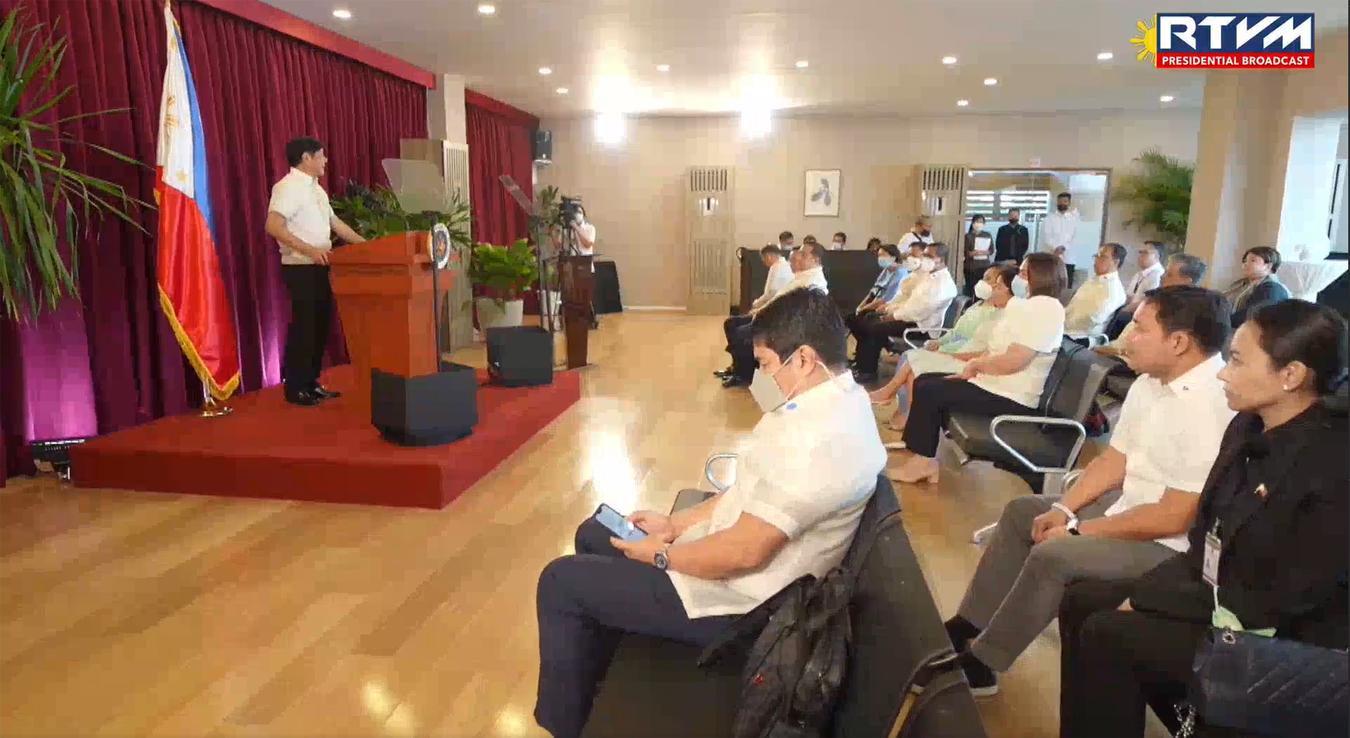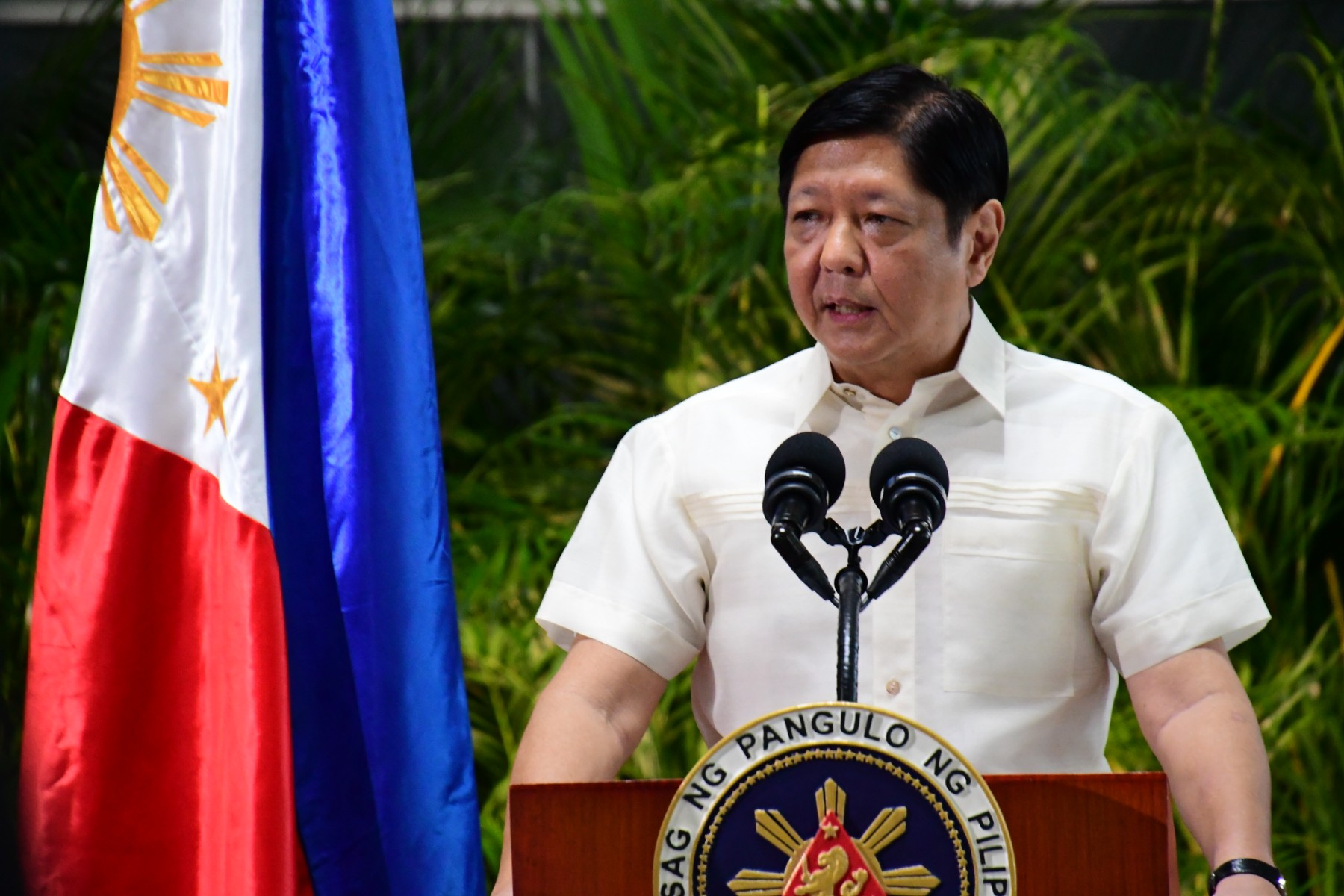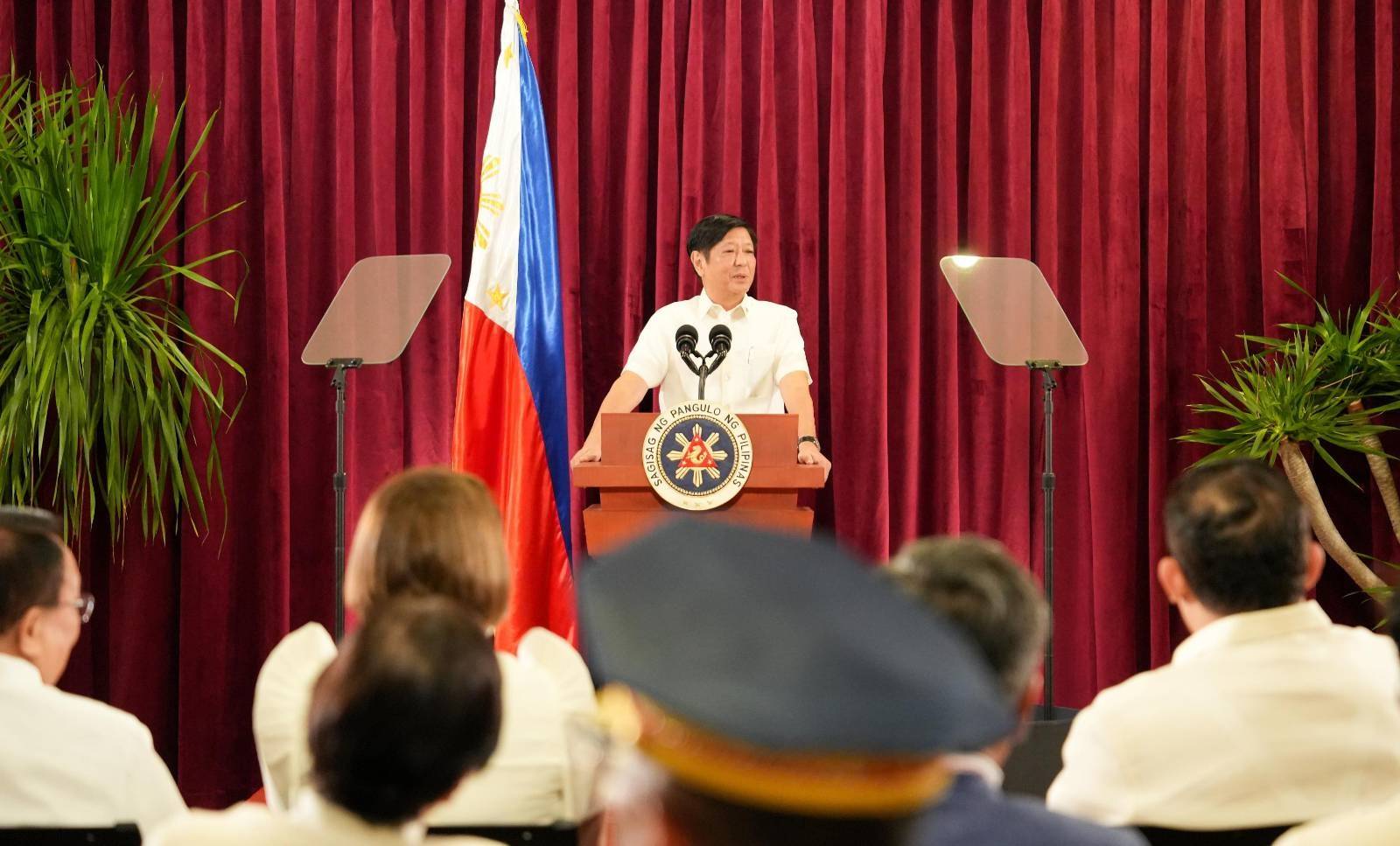MANILA -- President Ferdinand R. Marcos Jr. arrived in Bangkok, Thailand on Wednesday, November 16, to participate in the 29th Asia-Pacific Economic Cooperation (APEC) Economic Leaders’ Meeting (AELM), his first as Philippine leader.
Flight PR 001 carrying the President landed at the Don Mueang International Airport at around 6:00 p.m. (Philippine time) where he was welcomed by Filipino and Thai officials.
In his departure statement delivered at the Villamor Air Base, the President vowed to bring with him the country’s hope for a peaceful and prosperous Asia-Pacific region as he joins other leaders in the three-day APEC gathering.
The President will be engaging with other leaders on how to tackle food and energy security and the economic inclusion of the country’s micro, small, and medium enterprises (MSMEs), among others.
The Philippine leader also looks forward to unlocking economic potential, digitalizing the country’s participation in the digital economy, pushing sustainable development, as well as addressing the climate change crisis.
In addition to his attendance at the APEC meetings, the President and First Lady Louise Araneta-Marcos are expected to meet King Maha Vajiralongkorn Phra Vajiraklaochaoyuhua and Queen Suthida Bajrasudhabimalalakshana, who graciously granted a royal audience for the APEC Leaders and Spouses.
President Marcos will also meet with Thai business leaders on the sidelines of the APEC gathering and will have bilateral meetings with some economic leaders and heads of state to discuss the strengthening of diplomatic relations.
Before returning to the Philippines, the President will meet with the Filipino community in Thailand.
APEC remains one of the Philippines' prime platforms to engage the economies in the Asia-Pacific region, according to the President.
Pacific-rim economies host 38 percent of the world’s population, 48 percent of regional trade, and 62 percent of its gross domestic product (GDP).
It also has the largest concentration of overseas Filipino workers (OFWs), with the Philippine regional trade accounting for 85 percent, which provides Filipino consumers access to goods and services from the region.
At the same time, it also gives Filipino farmers, laborers, businessmen, and MSMEs export market for their goods and services in the region. (PND)





